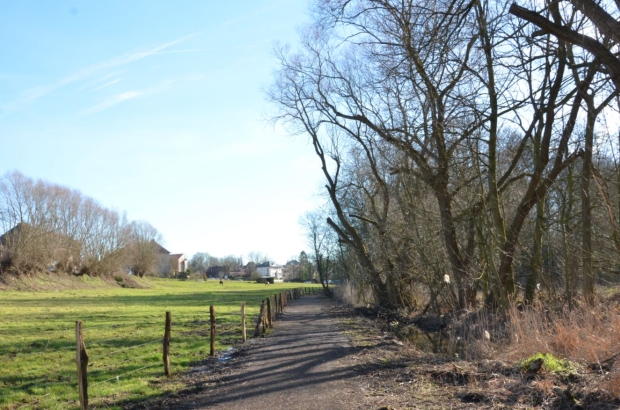- Daily & Weekly newsletters
- Buy & download The Bulletin
- Comment on our articles
More of Brussels to become protected natural areas
Brussels will commit to protecting 25% of its territory by 2030, according to an announcement from the capital’s minister-president Rudi Vervoort (PS) and environment minister Alain Maron (Ecolo).
The Brussels government is taking the step to protect the region’s biodiversity in response to commitments made at the COP 15 Biodiversity conference held in Montreal last year.
Approximately 14.7% of Brussels territory is currently protected, including nature reserves and Natura 2000 sites.
“The protection of 25% of the territory by 2030 will include new types of areas and therefore represents a leap forward,” Vervoort and Maron said.
“We will thus go from 2,373 hectares of land protected today to some 4,206 hectares of land protected by 2030.”
Protection of the areas could take various forms, such as a change in their allocation in the Regional Land Use Plan (PRAS), providing existing green spaces with more proactive ecological management plans or protecting rare and valuable species present in certain areas over the long term.
The aim is not to create nature reserves that are inaccessible to the public, but rather to protect, enhance and improve biodiversity where it exists, whether on wasteland or in urban areas.
According to Vervoort and Maron, this commitment to biodiversity will take the form of the proactive protection and enhancement of biodiversity on a large part of public land reserves such as Josaphat in Schaerbeek, Keyenbempt in Uccle, Wiels in Forest, Meylemeersch in Anderlecht and the Schaerbeek Formation train depot in Haren.
As part of its biodiversity strategy, the European Union aims to protect 30% of its land area. Although it is an urban region, Brussels is shouldering its responsibilities by committing to protect 25% of its territory for the benefit of biodiversity, regional resilience to climate change and the quality of life and health of its residents, the two ministers said.
“If our nature is strong and flourishing, we can count on it to protect us and guarantee us a good quality of life, contributing to our health,” said Maron.
“That's also why protecting nature in urban areas is a priority for me. I wanted Brussels to respond to the European Commission's call to make a proactive contribution to the European objective.”
Vervoort pointed out that by way of comparison, Brussels is committing to protect an area the size of the entire Sonian Forest, which within the boundaries of the Brussels region was “no easy feat”.
“And we're doing all this without systematically compromising public access to these areas, so that they can also play their essential roles as islands of coolness, rest areas, meeting places, sports and leisure activities,” Vervoort said.



















Comments
They forget the main problem, climate change. Forests and trees are CO2 sinks. We don't need to wait for new CO2 storage facilities and new technologies,. More trees and forest are the solution.